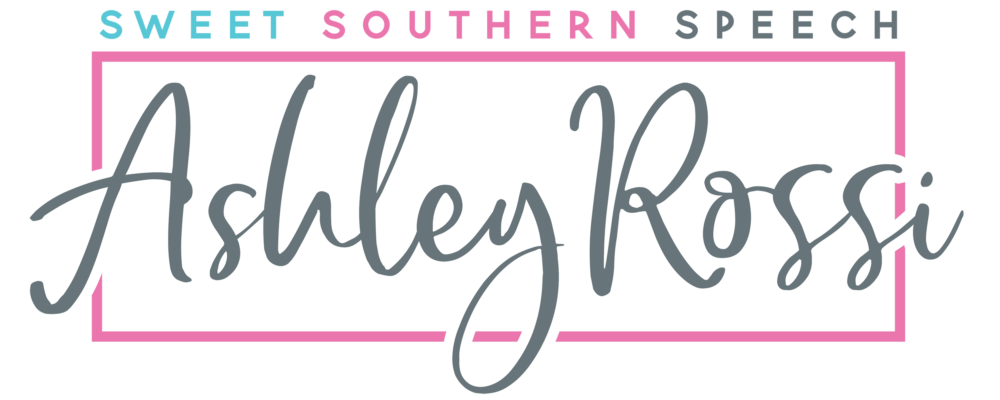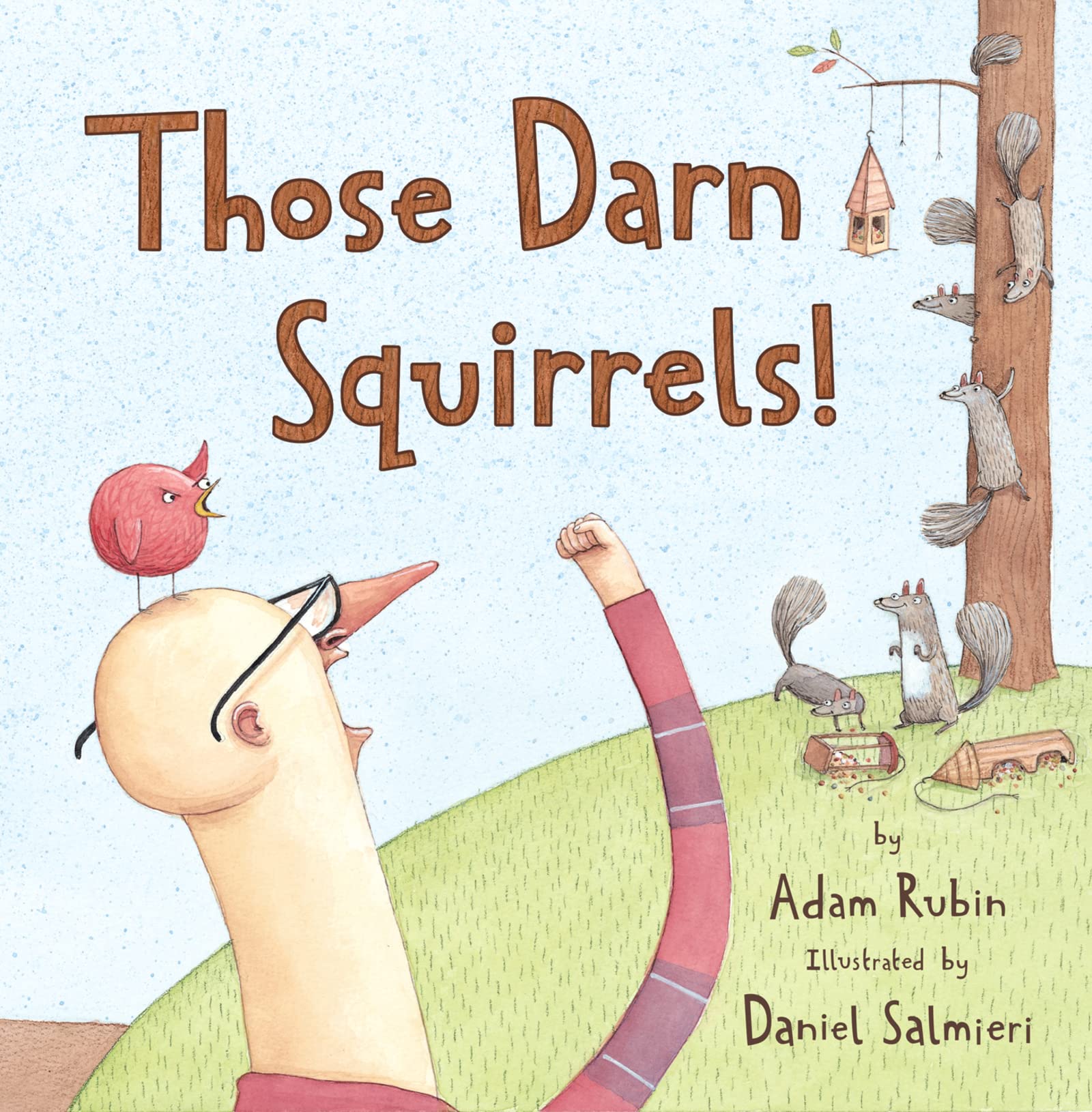Old Man Fookwire is a grump. The only thing he likes to do is paint pictures of the birds that visit his backyard. The problem is, they fly south every winter, leaving him sad and lonely. So he decides to get them to stay by putting up beautiful bird feeders filled with seeds and berries. Unfortunately, the squirrels like the treats, too, and make a daring raid on the feeders. The conflict escalates—until the birds depart (as usual), and the squirrels come up with a plan that completely charms the old grump.
This sweet fall book can be used in speech therapy to address character analysis and problem solving. It is also great for noticing character expressions and for targeting sequencing as well as for predicting! Discover more of the speech and language teaching concepts for using Those Darn Squirrels! in speech therapy below:



